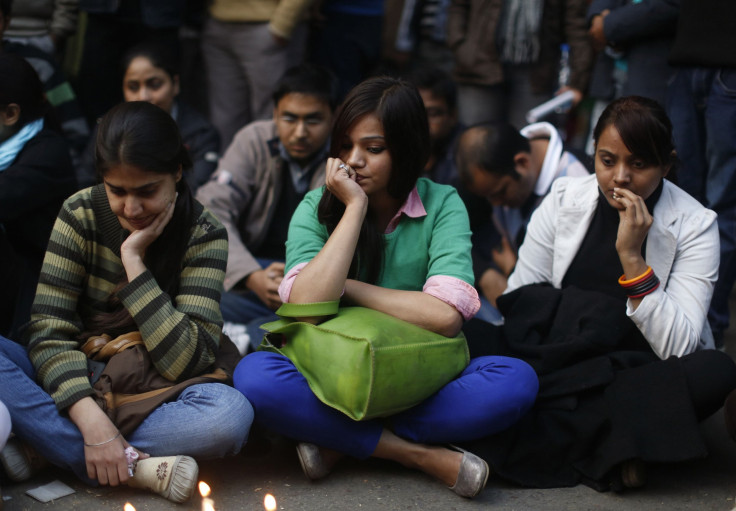Women-Only Culture On The Rise In India Following Multiple Gang-Rape Incidents

Multiple incidents of gang rapes in India, including the Dec. 16 case where a 23-year-old was brutally gang raped by a group of men, have given rise to a “women-only” culture across the nation, with many states starting buses and taxis exclusively for women.
The south Indian city of Kozhikode, located about 1501 miles south of the capital city of New Delhi, launched its first “Ladies Only” bus service on Wednesday, following a trend started by other localities from Assam to Odisha, according to reports.
“It is such a relief,” Nabeesa, one of the passengers, told The Hindu, a prominent daily. “Traveling in crowded buses with men is such a nightmare. We would not have any peace of mind as many men try to molest us in the rush. We could now stop worrying about our daughters going to schools and colleges.”
India’s ministry of tourism has already started encouraging small hotels to start female-only floors, and according to the Washington Post, the south Indian city of Coimbatore is planning to open a women-only park.
Later this year, on Nov. 19, the Indian government is launching a women-only bank that will predominantly have female staff. The $161 million banking system called the Bhartiya Mahila Bank will have 25 branches across the country, the Washington Post reported, adding that the government hopes to empower women financially with this endeavor.
But, not everyone is open to the idea of segregation. A section of the population believes that men should change their behavior instead of starting operations and facilities exclusively for women.
“It’s appalling,” Jayati Ghosh, an economics professor at Jawaharlal Nehru University in New Delhi, told the Washington Post. “It’s a way for a patriarchal society to announce it’s not going to protect women. It’s simply going to segregate women and restrict their freedom, instead of securing it.”
Ranjana Kumari, the director of the Center for Social Research in New Delhi, added: “The attempt is to shrink women into limited spaces. Women still have to come out and walk on the same streets and work in the same offices and shop in the same markets as men.”
Limiting such spaces with the hopes that it would make women less prone to crimes “is not at all a good message,” as “it encourages segregation and more violence,” she said.
© Copyright IBTimes 2024. All rights reserved.





















